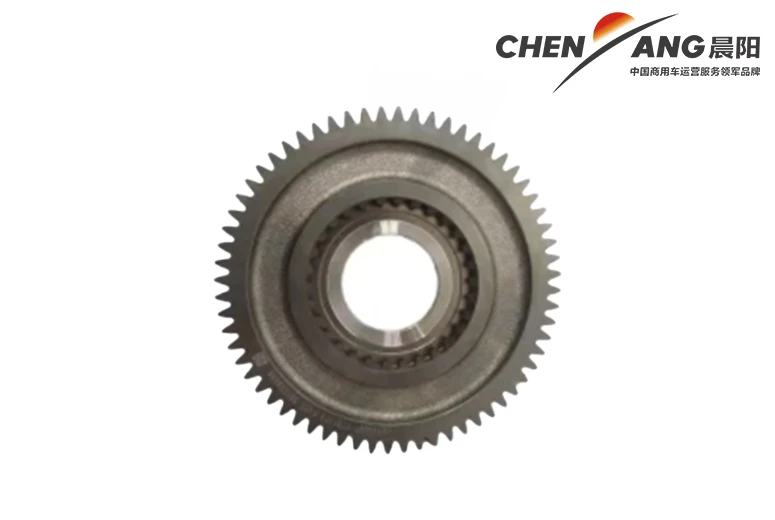Water Transport Solutions for Effective Delivery and Efficient Usage in Various Industries
The Essential Role of Water Trailers in Modern Water Management
In recent years, the importance of water management has become increasingly critical, particularly in areas prone to drought or water scarcity. One innovative solution that has emerged to address these challenges is the water trailer. Water trailers are versatile, mobile units designed to transport and distribute water efficiently. This article explores the features, benefits, and applications of water trailers in modern water management systems.
Understanding Water Trailers
A water trailer is essentially a tank mounted on a trailer, making it easy to transport water from one location to another. These trailers come in various sizes and capacities, ranging from small units designed for residential use to larger trailers suitable for commercial purposes. They can be equipped with pumps, hoses, and other accessories to facilitate the efficient distribution of water.
Typically constructed from durable materials such as polyethylene or steel, water trailers are built to withstand the rigors of outdoor use. Many models are designed to be towed by vehicles, ensuring mobility and ease of access to remote locations where water supply may be limited.
Key Benefits of Water Trailers
1. Mobility and Flexibility One of the most significant advantages of water trailers is their mobility. They can be easily transported to various sites, making them ideal for agricultural practices, construction sites, and emergency relief efforts. This flexibility enables users to respond quickly to changing water needs, maximizing the efficient use of water resources.
2. Cost-Effective Solution Water trailers can be a cost-effective alternative to more extensive water supply systems. For businesses and farms, investing in a water trailer may offer greater financial efficiency compared to building permanent infrastructure for water distribution. This is especially relevant for small-scale farmers who may have limited resources.
3. Enhancing Agricultural Practices Agriculture heavily relies on water for irrigation and livestock. Water trailers play an essential role in ensuring that crops receive adequate hydration, particularly in drought-prone areas. By transporting water directly to fields, farmers can optimize their irrigation strategies and improve crop yields.
water trailer

4. Disaster Relief and Emergency Response In times of natural disasters such as floods, droughts, or wildfires, access to clean water becomes a critical issue. Water trailers can be deployed swiftly to affected areas, providing much-needed water supply to communities in crisis. Their ability to reach remote locations makes them invaluable for emergency responders and humanitarian organizations.
5. Sustainable Practices The need for sustainable water management practices is more crucial now than ever. Water trailers can support sustainability by promoting the efficient use of water resources. By facilitating targeted water delivery, they help prevent water wastage and encourage responsible usage among consumers and businesses alike.
Diverse Applications of Water Trailers
Water trailers find applications across multiple sectors, each benefiting from their versatility.
- Agriculture Beyond irrigation, water trailers can assist in delivering water to livestock, ensuring animals have access to fresh water regardless of location. - Construction During construction projects, water is often required for dust control and concrete mixing. A water trailer ensures that water is readily available on-site, improving efficiency and safety.
- Firefighting In rural areas where fire hydrants are scarce, water trailers can be equipped with firefighting capabilities, serving as an on-site water supply during emergencies.
Conclusion
In summary, water trailers represent a practical and efficient solution for modern water management challenges. Their mobility, cost-effectiveness, and diverse applications make them indispensable in various sectors, from agriculture to emergency response. As the world faces increasing pressures on water resources, innovations like water trailers offer hope for smarter and more sustainable practices. Investing in such technologies not only addresses immediate water needs but also contributes to the long-term goal of maintaining a balanced and responsible approach to water management. Without a doubt, water trailers will continue to play a vital role in shaping the future of water distribution and management across the globe.
-
SINOTRUK HOWO 84 Electric Dump Truck for Eco-Friendly Heavy HaulingNewsJul.26,2025
-
The Fast 16-Gear Manual Transmission Assembly for Heavy TrucksNewsJul.25,2025
-
Mercedes Benz Actros 1848 42 Tractor Truck for Sale - Reliable PerformanceNewsJul.24,2025
-
High-Quality Water Pump Assembly for Sinotruk Trucks – Durable & ReliableNewsJul.23,2025
-
Premium Truck Engine Antifreeze Coolant Fluid for Heavy Duty VehiclesNewsJul.22,2025
-
FOTON View G7 Mini Bus: Affordable & Spacious TransportNewsJul.22,2025
Popular products

























